Africa

List of Foreign Arrivals in the Port of Zanzibar from the 16th September 1832 to 26th May 1835
This is an ostensibly mundane document that contains a tremendous amount of information for interpreting the global dynamics of this period of history, all while peering out into the world from the tiny island of Zanzibar.
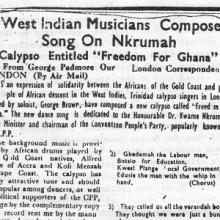
Short Teaching Module: Music and Decolonization in the Black Atlantic
The decades after World War II witnessed rapid decolonization of European empires and a dramatic increase in independence movements for colonized peoples.
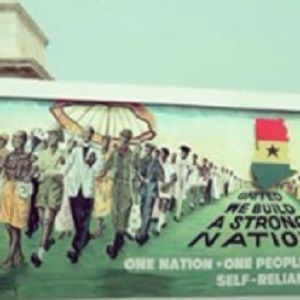
Lord Kitchener, “Birth of Ghana,” 1957
On March 6, 1957, the Gold Coast Colony declared its independence from Britain and became Ghana, the first West African nation to break from European colonial rule.
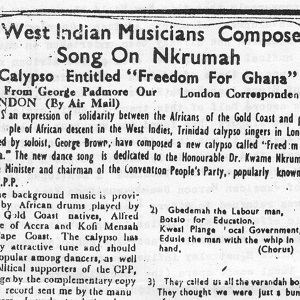
George Browne “Freedom for Ghana”
While living in London in the early 1950s, the Trinidadian calypsonian George Browne (whose stage name was Young Tiger) penned a calypso called “Freedom for Ghana” that caught the attention of George Padmore, the Trinidadian pan-Africanist intellectual and journalist, who wrote about it in the Gh

Picture of civil rights activist, Djida Tazdaït
One of the realizations of the 1983 March for Equality and Against Racism was the election to the new European Parliament the Lyon-based civil rights activist, Djida Tazdaït (1957- ).
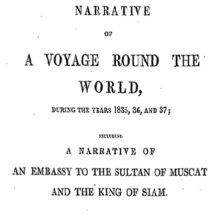
Short Teaching Module: Global Microhistory and the Nineteenth-Century Omani Empire
In their primer essay, Jessica Hanser and Adam Clulow note how scholars of global microhistory explore relationships between macro and micro, deep structures and contingency, and big state actors and minor players.
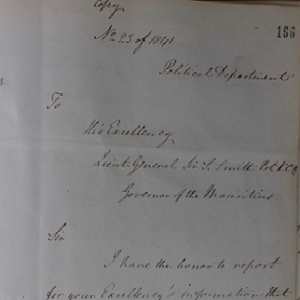
1841 Letter from Atkins Hamerton
Atkins Hamerton (d. 1857) was a British military officer and diplomat, who served as the first British Consul to the Omani Empire based in Zanzibar. He left behind thousands of pages of sources, presently scattered between archives in the U.K., Zanzibar, and India.

Togo farm families cracking oil palm kernels
This photo was part of a short photo series documenting palm oil production in the German colonies in Africa, included in a report by a special oil commission of the German Colonial Society (Deutsche Kolonialgesellschaft) in 1913.
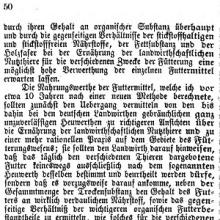
Short Teaching Module: Agricultural Knowledge in the Late Nineteenth Century
Knowledge knows no national boundaries. Therefore, the history of knowledge also has to move beyond national boundaries to understand how knowledge was produced, moved, and adapted. Telling such a history without the limitations of national boundaries is challenging.
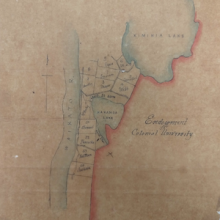
Primer: A Global History of Higher Education
Histories of higher education tend to focus on a single institution – the university biography – or address the subject within the context of the nation-state.